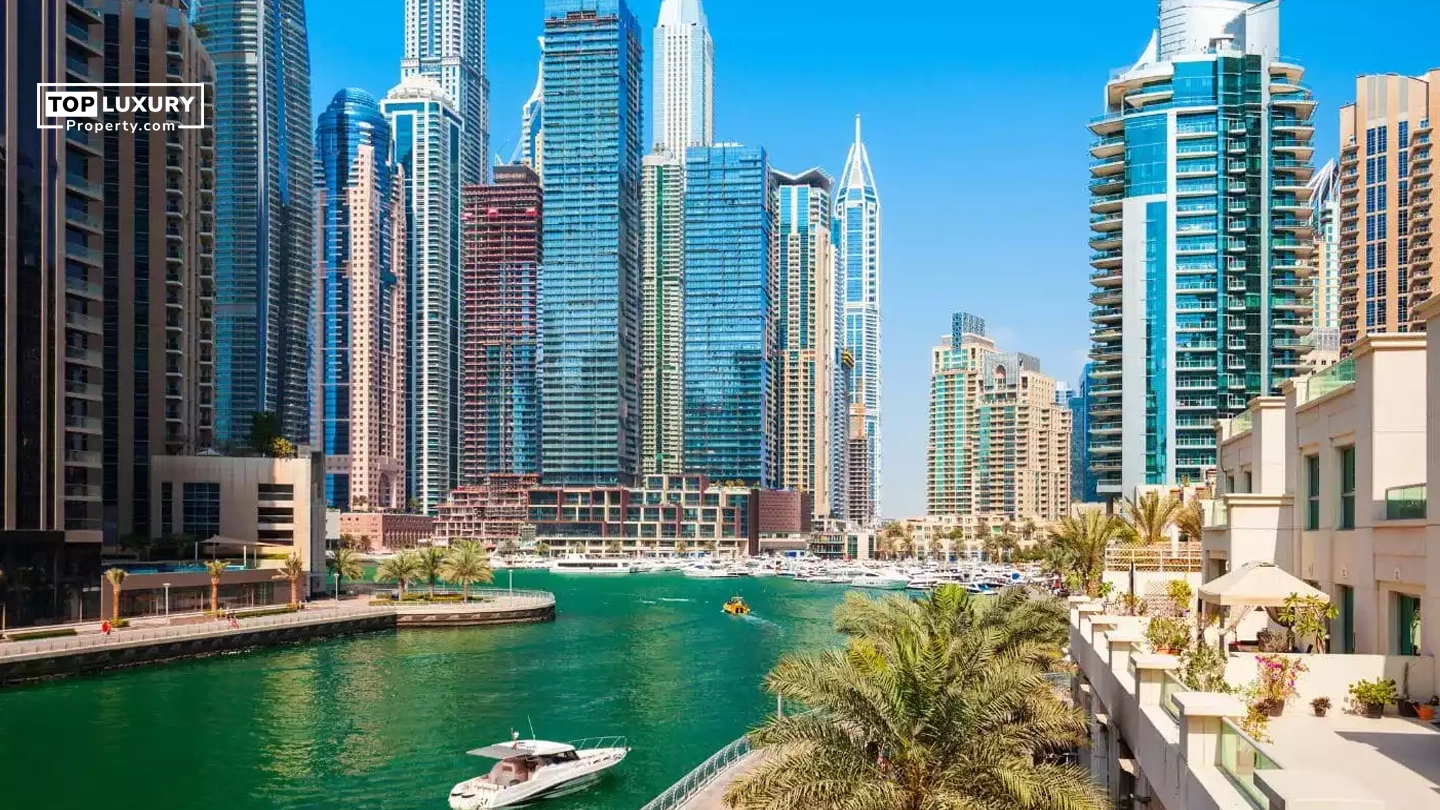Dubai’s Crackdown on Illegal Partitions overview

Illegal partitions are being scrutinised, more so under rental law and real estate regulations in Dubai. In recent months, the Dubai Municipality inspections and the Dubai Land Department have been working hand in hand to clamp down on unapproved alterations, modifications and illegal overcrowding in areas such as Deira, Al Riqqa, Satwa, Al Barsha, and Al Raffa.
The intent behind the crackdown is twofold: punishing the perpetrator and assuring the safety and well-being of the general populace.
Illegal partitioning and overcrowding have always been issues concerning the bustling real estate market in Dubai. Being an expensive place to stay, people even try to skim on their rents to accommodate accommodation needs, usually ending up with the sharing of spaces and installation of makeshift room partitions. But these can be huge safety hazards and can affect standards of community life.
What Are Illegal Partitions and Why Are They a Concern

In Dubai, the home illegal partition refers to an unauthorized method of keeping residential units divided with drywall or wood finishings without applying for permits at the Dubai Municipality or the Dubai Land Department. Sometimes these alterations are done to provide more accommodation for tenants, thereby damaging the structure of the buildings and violating fire safety codes.
Illegal partitions and overcrowding may cause a number of problems, such as:
- Swinging doors from emergency exits: Unapproved alterations can hamper escape routes during an emergency.
- Excessive utilities: More occupants mean more demands on electrical circuits and plumbing, thereby increasing the possibility of an accident.
- Violation of fire safety laws: This partition, in many instances, impinges on the limits set by fire safety standards, thus rendering these unfortunate cases all the more unmanageable by evacuation or emergency response.
- Legal and financial consequences: Noncompliance may, however, lead to fines, eviction, or criminal proceedings instituted against both landlord and tenants
Legal Requirements for Tenants and Landlords

Under Dubai rental law (Law No. 26 of 2007 and as amended by Law No. 33 of 2008), tenants do not have the ability to make any structural alterations, including installing partitions, unless written consent has been given by the landlord.
But even when the landlord is willing to give consent to the alterations, all changes must be approved by and inspected by the Dubai Municipality and by the Dubai Civil Defense for safety requirements. The law favours subletting for which however written consent of the landlord must be obtained.
Apart from the express consent of the landlords for occasional subletting for bed spaces or shared rooms, the tenant cannot outrightly sell or rent the property to a third party.
If the property is being leased out for private residential use, then said property cannot be put to business use nor can the rooms be rented to any party that consists of non-related individuals by themselves without approval from the landlord.
There must be Ejari registration for each listing of each occupant, as it is a tenancy contract registration platform in Dubai promoting transparency and legal compliance.
If somebody is staying in the property but is not listed on Ejari, it can be flagged during inspections, which might lead to punishments for the landowner and the tenant.
The crowd control norms to be enforced include occupancy limits. The law does not assign a fixed number for all properties, but guidelines generally call for 40 to 200 square feet per individual, depending on the space under which the authority falls.
Impact on Tenants & Buyers in Dubai realestate

The crackdown on home illegal partitions in Dubai leads to serious implications for tenants and buyers in the Dubai real estate market.
- Tenants: Staying in a property that comprises illegal partitions or unauthorized occupants leads to eviction proceedings, fines, and a lot of legal hassles. Tenants may be stripped of their security deposits due to the violation of the law and even have a hard time finding accommodations in the future.
- Landlords: Landlords or property managers who permit or afford illegal modifications can be fined up to AED 50,000 and may face legal action. The landlord should also see to it that all modifications have proper permits and that all occupants are registered in Ejari.
- For buyers and investors: When a property is known for any illegal partition or overcrowding in the past, it may be a subject of higher scrutiny and lower valuation with difficulty in sale. Maintenance of value and marketability of a property comes with the legality of Dubai rental law and the inspections of the Dubai Municipality.






